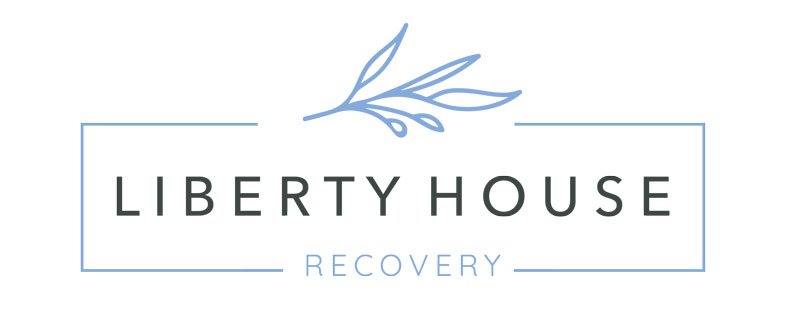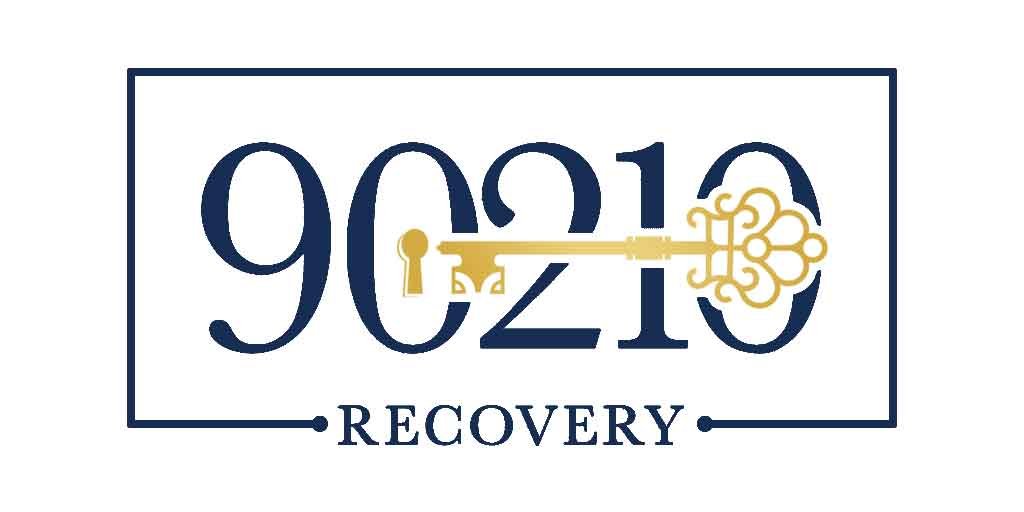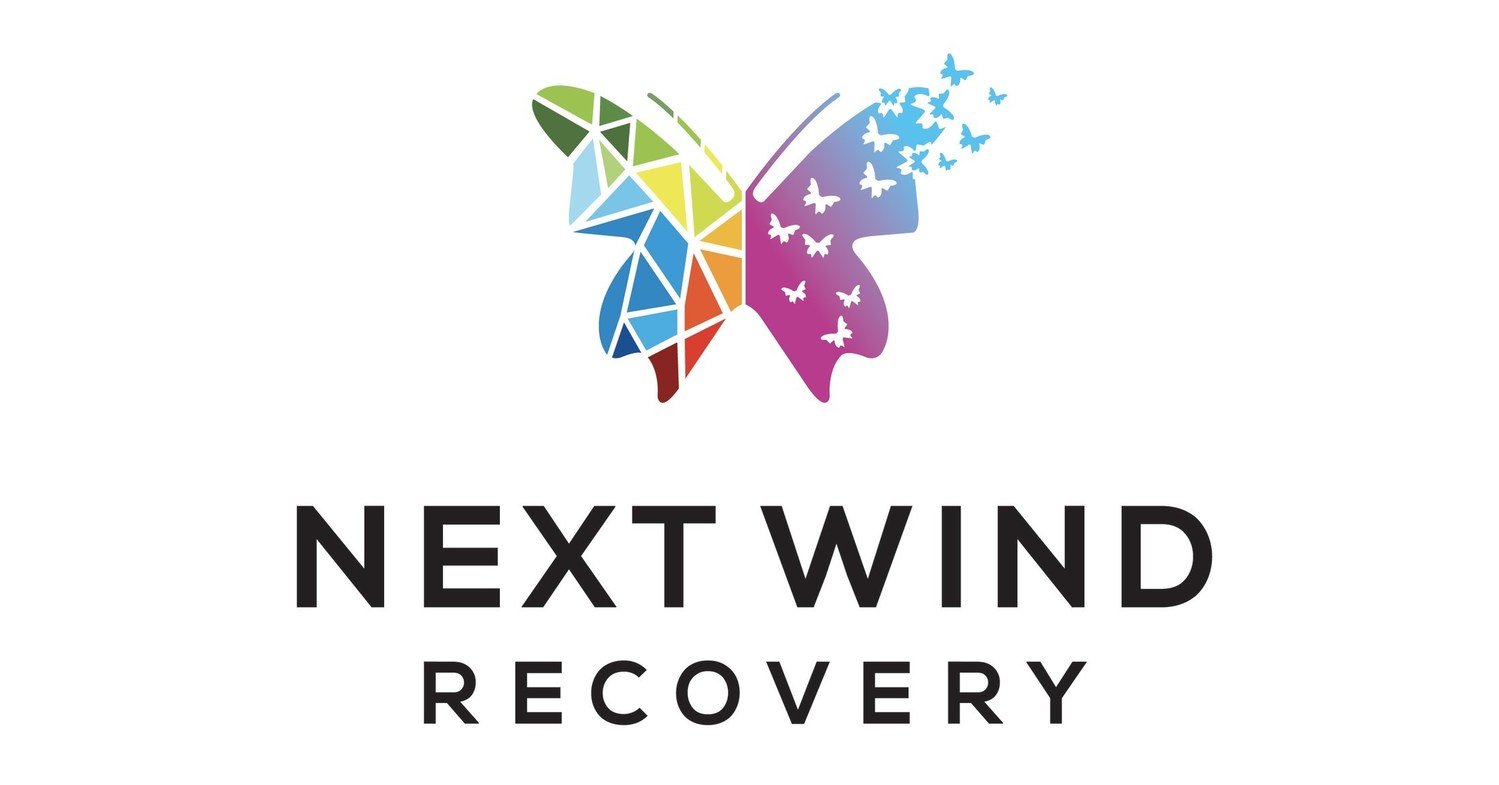Why Psychedelics Are the Next Frontier in Addiction Treatment
Culturally, psychedelics have not had a good reputation since being popularized for recreational use in the 1960s. More recently, the compounds have piqued the interests of researchers, and studies have begun to reveal exciting possibilities for their help in mental health treatment.
What Are Psychedelics?
A class of psychoactive substances, psychedelics produce changes in mood, perception, and cognitive processes. In many cultures, they have been used for thousands of years in rituals, as healing substances, and for recreational use.
Psychedelics saw a short period of service in psychology and psychiatry in the 1950s and were used to aid psychotherapy and addiction treatment management. Their negative association with the “hippie culture” of the '60s led to their illegal drug categorization when President Nixon signed the Controlled Substance Act in 1970.
Of the five schedules in the Controlled Substance Act, psychedelics were assigned a Schedule I designation, meaning they were considered to have no medical use and a high potential for abuse.
While research wasn’t outright banned, the Schedule I designation discouraged scientists and clinicians from conducting studies and applying for funding. Some research did continue on a small scale and then started increasing in the 1990s.
Using Psychedelics for Addiction Treatment Management
Evidence has shown that psychedelics are effective for addiction treatment management due to rewiring parts of the brain that cause depression, PTSD, and substance abuse.
Despite being in its early days, investors expect psychedelics’ use in the healthcare industry to become a $10.75 billion market by 2027, and multiple startups are partnering with researchers to find new treatable disorders, like overeating and fibromyalgia. The drugs have a very bright future ahead.
Overview of the Types of Psychedelics
There are five primary forms of psychedelics.
Psilocybin
Psilocybin naturally occurs in more than 200 species of mushrooms and is a serotonin receptor agonist. Once commonly referred to as “magic mushrooms,” it has shown tremendous effectiveness in therapeutic use.
LSD
Lysergic acid diethylamide (LSD) was one of the initial psychedelics researched from the 1950s until its Schedule 1 classification in 1970. Studies included its use in treating anxiety, depression, addiction, and psychosomatic diseases.
In counterculture, LSD was referred to as “acid.”
MDMA
Developed by a German drug company in 1912 and known initially as “methylsafrylaminc,” MDMA was intended as a compound to control bleeding.
Not added to the Schedule I list until 1985, some psychiatrists used it in the late '70s and into the early '80s due to its ability to increase self-awareness and empathy. It was later approved for human trials by the FDA in the early 1990s.
Ayahuasca
Ayahuasca is a psychoactive beverage originally used in First Nations populations in Amazonia.
As little as one treatment of ayahuasca has shown significant benefits among patients suffering from treatment-resistant major depressive disorder.
Ketamine
Currently legal in the U.S. but regulated to use by registered practitioners, ketamine was initially developed as a human and veterinary anesthetic. It has improved symptoms in conditions such as treatment-resistant unipolar and bipolar depression.
The Powerful Effects of These Drugs on Mental Health and Addiction Treatment Management
The formal study of psychedelics is relatively new. Still, research shows these drugs to be powerful tools for treating mental health issues and addiction when all other methods have failed. Sometimes as little as one treatment results in the desired effect.
Some ways these drugs work are through:
Neurotransmitter changes: By acting directly on neurotransmitters in the brain, psychedelics change the brain's behavior and improve mood.
Increased suggestibility: Positive suggestions from therapists reach more responsive patients.
Psychedelic experiences: Psychedelics produce immensely meaningful experiences, often shifting a person's entire mindset or belief system, resulting in thinking and behaving differently.
The Impact on Addiction
Addiction often occurs in conjunction with other mental health symptoms, such as depression. It is not totally understood how these psychedelics work in treating addiction. It might be that treating other mental health symptoms makes it easier to quit abusing substances.
Studies reaffirm that patients who experience intense psychedelic experiences are more likely to stop drinking as part of their addiction treatment management. The psychological changes are near immediate and tend to last over the long term.
Other studies show a tremendous reduction in addiction for those without a mental health diagnosis. A respected study was performed in New Mexico over 12 weeks and included pre- and post-psychosocial support. The participants self-reported that drinking and heavy drinking days were reduced by more than half of the baseline.
Observational research of Brazilian religious groups that drink ayahuasca as part of their sacrament shows they have a lower substance abuse prevalence than a control group. Additionally, they exhibit better neuropsychology performance and psychosocial adaptation.
The Mental Health Impact
Ongoing studies on treating depression, anxiety, and PTSD show tremendous benefits from using psychedelic drugs. With each symptom, clinical studies report significant success rates from treatment. Most importantly, the success is ongoing, as shown by patient interviews months later.
A study published in November 2020 showed that 71% of people who took psilocybin for major depressive disorder reduced symptoms by more than 50%.
The Changing Legal Landscape
With the mainstream acceptance of psychedelics comes the push toward legalization, both internationally and within the U.S. Several states and localities have decriminalized some psychedelics, and others are poised to do the same.
Colorado
Coloradans go to the polls to potentially decriminalize and enact a regulated access program for psychedelic plants and fungi on November 8, 2022. Proposition 122 allows individuals to grow, possess, and use DMT, psilocybin, psilocin, and mescaline.
A new program called Regulated Natural Medicine Access Program will license healing centers to administer natural medicine services.
Oregon
Oregon voters decriminalized psychedelics in 2020. In 2023, patients will be allowed to take psilocybin under supervision for mental health and addiction treatment management. Measure 109 was approved by a 56.21 to 43.79 margin.
A second ballot initiative decriminalized the possession of small amounts of drugs.
San Francisco
In September 2022, the San Francisco Board of Supervisors decriminalized plant-based psychedelic drugs in a unanimous vote. In doing so, they joined cities like Santa Cruz, Seattle, Denver, Washington D.C., and Oakland.
The resolution acknowledged that the plants had been clinically proven helpful in treating anxiety, addiction, and PTSD through addiction treatment management.
Full List of Cities/States That Have Decriminalized/Legalized Psychedelics
States Moving Toward Legalization
A considerable number of states are currently moving toward the decriminalization/legalization of psychedelics.
A few other states have failed to vote in favor of decriminalizing initiatives but can be expected to reapproach the issue as popularity grows.
Each state is in different parts of the process, from proposed legislation to actively medically testing the use of psychedelics.
These states include:
Washington
Colorado
Utah
New Mexico
Texas
Oklahoma
Kansas
Iowa
Missouri
Georgia
Florida
Michigan
Pennsylvania
Maryland
New York
Massachusetts
New Jersey
Connecticut
Rhode Island
Hawaii
There Is a Bright Future for the Use of Psychedelics for Treating Addiction
In a 2022 wellness trend forecast, Well+Good pronounced psychedelics as "poised to change the course of mental health treatment."
Bestselling books like Michael Pollan's “How to Change Your Mind: What the New Science of Psychedelics Teaches Us About Consciousness, Dying, Addiction, Depression, and Transcendence” have opened public support for psychedelics as a treatment. The book was even made into a Netflix movie called “How to Change Your Mind.” The public and treatment facilities are ready to take psychedelics into the mainstream.
Expect to hear even more and more tremendous success stories of psychedelics used to treat depression and addiction.
Drug Rehab Agency helps addiction treatment centers prepare for the coming use of psychedelics in addiction treatment. Contact us today, and we will help you prepare and implement your plan.









